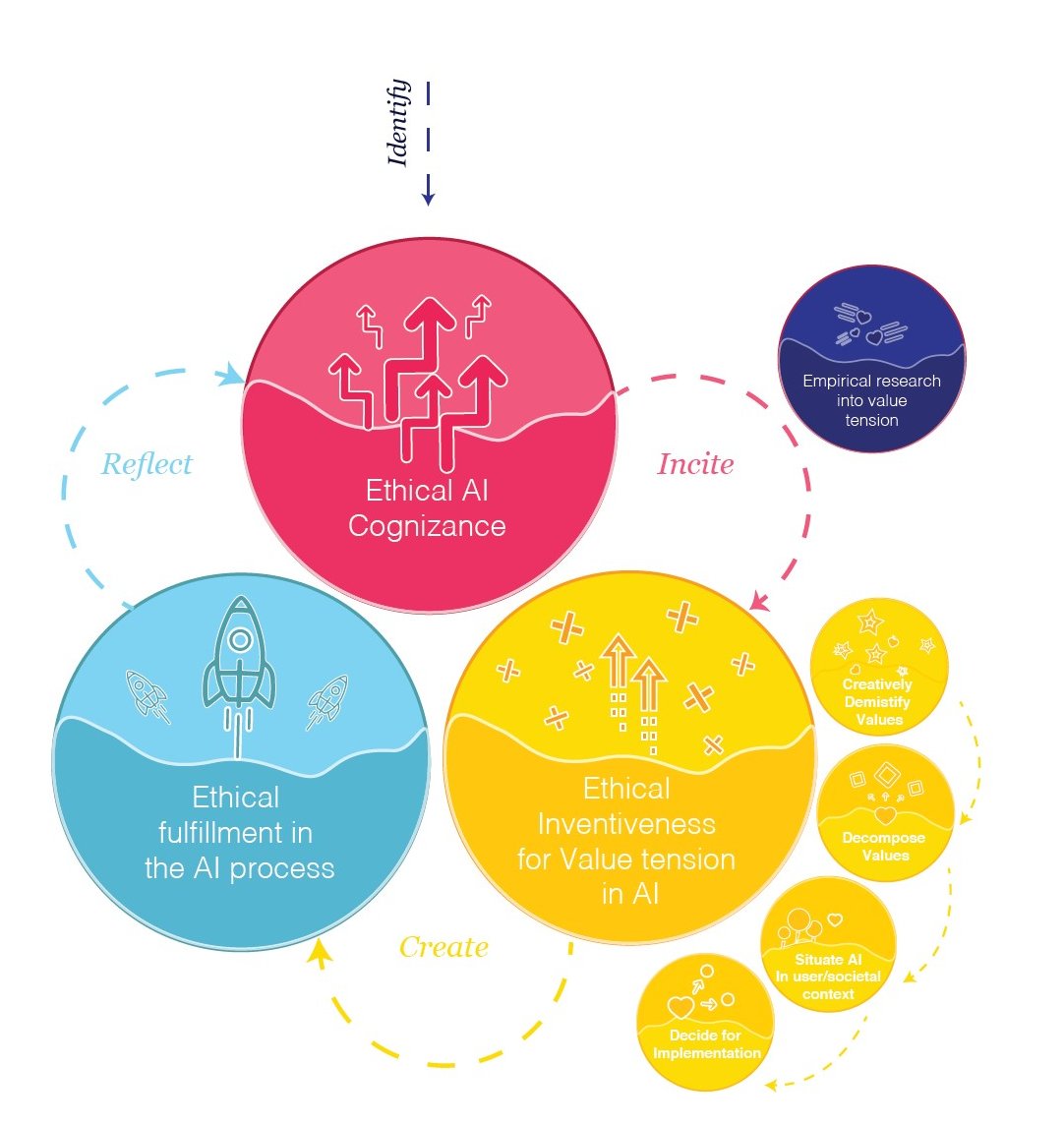Dasha Simons
Faculty of Industrial Design Engineering
Design for fairness in AI
Dasha Simons has been interested in how to make technology more human since her Bachelor’s Studies. Artificial intelligence is an emerging field that unleashes massive new business opportunities, but also comes with (ethical) debate.
With more decisions being left to machines and algorithms, Dasha wanted to research how the problem of unethical AI systems could be prevented by design, and how to bring the human aspect into technology development, while remaining strategically interesting for businesses.
During her graduation project, Dasha experienced the importance of diverse design approaches in an environment which is greatly technology driven. She noticed how valuable the collaboration between designers and AI professionals is, and experienced how she could contribute in the collaboration of making AI development processes more ethical. To put actions behind the recommendations and findings in her thesis, she started working in the AI team itself. Thereby she aims to support the practical implementation of ethics at the roots of AI development, and to raise awareness of this increasingly important topic. She now works as a business transformation consultant at IBM, specialising in cognitive solutions and AI ethics.
Dasha undertook an impressive combination of literature research, field research and design, each at a high level. Her project is refreshing and daring, with a synthesis of strategic and critical design.
Graduation committee - Prof.dr. E. Giaccadi, dr.ir. L.W. Simonse, dr. Zoltán Szlávik
By 2021, 80% of emerging technologies will be founded on AI, a development that comes with alarming challenges. With AI increasingly impacting our lives, questions of values and ethics are becoming more urgent, as AI systems can be negatively biased and their decision processes non- transparent. In order to make AI systems more ethical, abstract concepts such as fairness and values need to find their way into the fast and agile development of AI.
In her thesis, Dasha explored and created ways to support AI teams in the development of fairer AI by design. These are underpinned by extensive theoretical and field research. She combined critical and strategic design methodologies to create a theoretical framework. This served as input for designing an organizational role with an accompanying toolset for ethical AI support processes. The results were successfully tested with IBM and their clients. When implemented (successfully), the design may have a virtuous and global impact.


